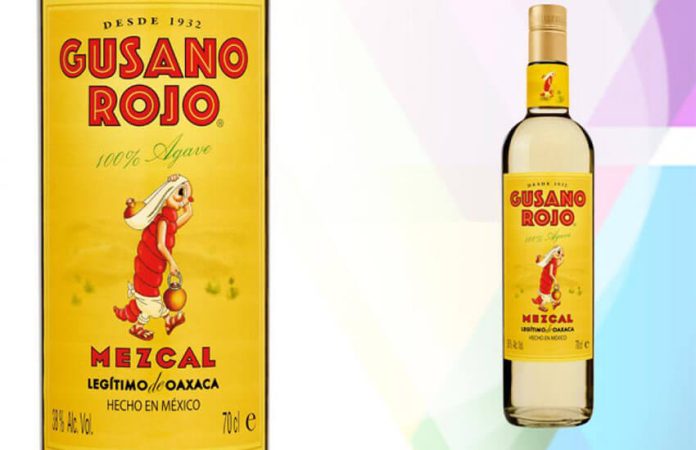A recently completed study from the federal consumer protection agency (Profeco) has bad news for some common mezcal brands, one of which could be pulled from the market.
The study is scheduled to be published in March, but Profeco has already started proceedings against some companies, according to Ricardo Sheffield, the agency’s chief.
The worst offender is the popular brand Gusano Rojo, which Sheffield described as “almost” mezcal.
“It doesn’t comply with the regulation … we started proceedings against [the company] and it will end up in proceedings against the Mezcal Regulation Council for having authorized a product that doesn’t comply,” Sheffield said.
Other lesser offenders will get away with fines or a slap on the wrist.
The fines will go to four products that contain less product than they advertise. Mezcal Amarás, Mezcales de Leyenda, Mezcal 1903 and Mezcal Alacrán will all have to pay. In some cases, the bottles contained as much as 5% less than the label stated, violating consumer protection regulations, Sheffield said.
Mezcal 1903 also fell short in terms of alcohol content with 37.2% alcohol instead of 38%, as advertised. So did the brands Apaluz, with 38.6% alcohol instead of the advertised 40%, and Kilómetro 70, with 39% instead of 40%. The watery brews were reprimanded by Profeco and told to correct the issue.
Sheffield acknowledged that the violations were small in some cases, but emphasized that slight anomolies “reflect a lack of control in the production,” a worrisome problem for alcoholic beverages.
Mezcal is liquor distilled from mashed, fermented agave hearts. The agave species used can take from 6 up to 20 years to grow to maturity.
With reports from Milenio
